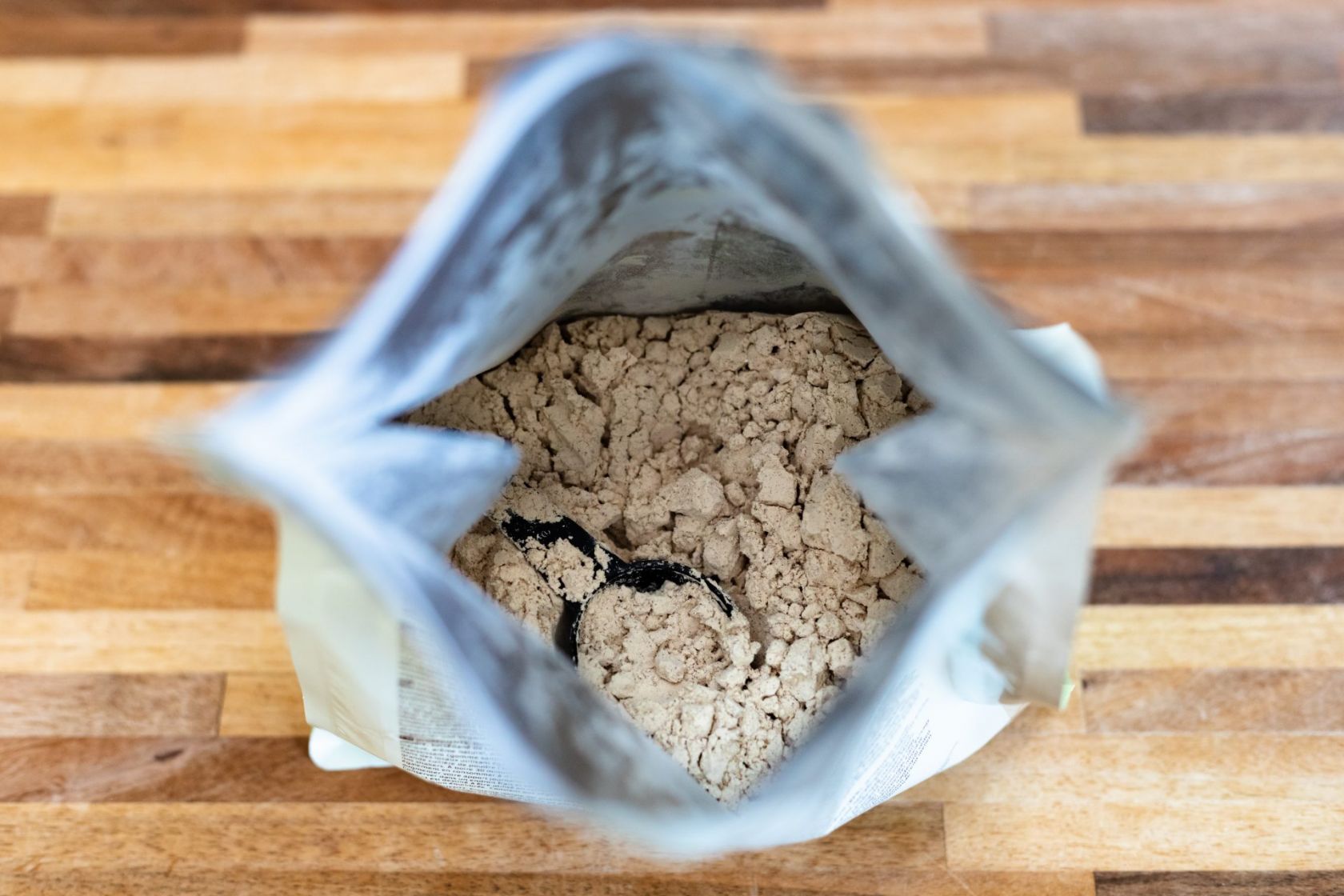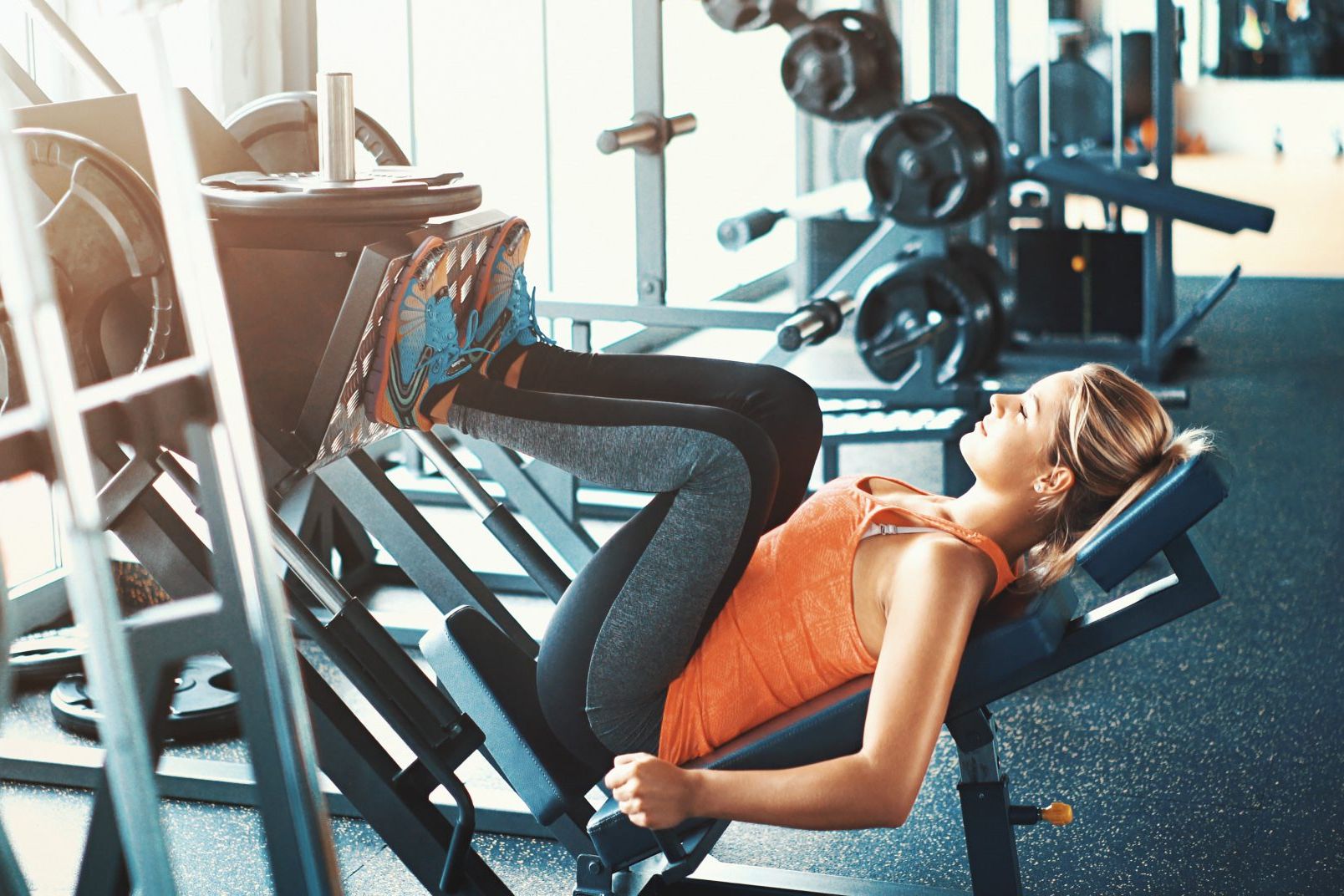Welcome to Stylist’s Sleep Diaries, where we’re taking a deep-dive into one of the most important (and elusive) factors in our day-to-day lives: sleep. To help us understand more about it, we’re inviting women to track their bedtime routines over a five-day period – and presenting these diaries to sleep expert Dr Nerina Ramlakhan for analysis.
In this week’s Sleep Diaries, a 41-year-old coach learns how to optimise her sleep while training for the London Marathon.
A little about me:
Age: 41
Occupation: self-employed coach
Number of hours sleep you get each night: 7-8 hours
Number of hours sleep you wish you got each night: 7-8 hours
Do you measure your sleep in some way (e.g. using your phone or wearable): I use my Apple Watch as well as the Apple Health app.
How much water do you drink on average per day: 2 litres
How much exercise do you do on average per week: approximately 4 hours
Day 1
I get up at around 5am after my partner got up for jiu jitsu training. My legs feel tired because I did a nine mile run yesterday, so today’s going to be a rest day.
I have my usual two black coffees and work until 7:15am when my daughter (nine) gets up. After I drop her off at school I walk the dog for about a mile before heading home, where I enjoy my usual double protein shake with soya milk at around 9am.
I put some jacket potatoes in the slow cooker at 5am this morning so dinner is super easy and I feel calm and organised. I find myself yawning and feeling tired around 7:45pm, but struggle to get to sleep until around 9:30pm. I know I need to wake up early tomorrow and that makes me worry about not having enough time to sleep.

Day 2
My sleep app tells me I had a good night’s sleep last night but I know I woke up a lot. My alarm is set for 5am but I wake up naturally at around 4:30am.
I’m on a training course today and also need to fit in a 5km run as part of my marathon training, so I need to make-up for lost desk time. I’m feeling quite pressured.
I end up spending time at my desk between 4:50am and 7am, during which I have two black coffees and a double protein shake before my run. I didn’t drink any pure water before my run and that was a mistake – by the time I get back, I feel dehydrated.
You may also like
“Can being a perfectionist impact your sleep?” A sleep expert answers your questions
Due to complications at work, I head back to my desk from 6pm until around 7:30pm. I feel like I’ve lost my evening, but we find some time to watch a bit of TV as a family and I have a Coke Zero as a treat (I don’t drink alcohol).
I go to sleep around 9:30pm while listening to a sleep meditation because I’ve not done one for a while and I woke up a lot last night. I barely remember the first minute thought because I’m asleep so quickly.
Day 3
I’m up at 5am again as my other half got up for jiu jitsu training. I feel tired. I have my coffee and protein shakes as standard to start off the morning.
Wednesday is the only evening I have to go to the gym so I finish work at 4:30pm and make dinner for my daughter while I wait for my other half come home to take over. I have a protein bar before heading out for a 5k tempo run and a leg strength session, which felt good.
When I get back I put my daughter to bed, have a lentil bake (which I prepped at the weekend for speed) with salad and a cola drink and I’m in bed by around 9pm.
I’m concerned that exercising late in the day would leave me buzzing and unable to sleep, but I actually end up falling asleep relatively easily.

Day 4
I rested really well last night, and wake up naturally just before 5am. I’m back at my desk by 5:30am to check what’s on my plate for work today, before doing a session on my bike before my daughter wakes up. I have a standard double protein shake for breakfast.
Thursday night is activity night for my daughter so there’s a bit of rushing around for pick-ups and drop-offs. My partner and I watch a bit of a film while she’s out. It’s a very chilled evening and I feel relaxed but ready for bed before 9pm.
I want to get a good night’s sleep because tomorrow is the only morning I can go to the gym (due to childcare) and I want to be there by 6am. Our daughter ends up having a nightmare though and wakes up at 10:30pm, so I comfort her and try to get her back to sleep.
You may also like
“How can I get more deep sleep?” A sleep expert answers your questions
She’s fine but once I get back to bed I toss and turn for an hour while trying to get back to sleep. I want to listen to an audio book using my headphones but I thought it might drain the battery before the morning, so I just stay with my thoughts.
I’m feeling a bit anxious that I’m going to be too tired to go to the gym tomorrow.
Day 5
I wake up naturally around 5am feeling surprisingly rested, and do a three-mile tempo run at the gym as part of my marathon training. Once I get home around 7pm I make a peanut butter sandwich and eat breakfast with my daughter.
It’s Friday and the sun is shining, so I finish work at 3pm and collect my daughter from school. We have a chilled evening watching a bit of a family film and I have a jacket potato for dinner to use up the leftovers from Monday.
However, I didn’t feel satisfied afterwards and snacked quite a bit (I don’t think I’ve had enough protein today). Just after 6pm I fall asleep on the sofa for around 45 minutes while the family played computer games. I feel groggy when I wake up again.
After I get up our daughter goes to bed and my partner and I chat and laugh about stupid things that have happened over the last week. I was going to read but end up scrolling on my phone watching funny videos before going to sleep around 10pm feeling accomplished but content and happy that the working week is over.
I’m looking forward to the weekend, but end up waking up at 5am on Saturday. Typical!
So, what does it all mean? A sleep expert offers her thoughts
Dr Nerina Ramlakhan, sleep expert and professional physiologist, says: “It’s great that you prioritise your sleep, especially as you’re very active and training for the London Marathon in October. I also love your early morning routine and your awareness that, as an introvert, this is what you need to replenish your batteries – it’s not always about getting more hours of sleep.
“As someone who ran seven sub-four-hour marathons in their forties, I want to help you get as much out of your training as possible. So, can you manage to eat a small, balanced breakfast in the mornings before your training – even half a piece of toast with nut butter – and just one of the black coffees? Those two black coffees could really dehydrate you before your training session. You can then have your usual post-training breakfast.
“I’d like to reassure you about the amount of sleep you’re getting before you train or race and would advise you not to get too hung up on whether or not you’re actually sleeping but rather focus on resting if you feel like you can’t sleep. Doing some box breathing could help you to rest if you’re feeling restless. Are you taking any magnesium supplements or doing Epsom Salt baths? This will really help to replenish and relax your muscles especially when you start upping your mileage.”

Dr Nerina continues: “You seem to fall asleep very quickly. The amount of time it takes to fall asleep – sleep latency – should be around 10-20 minutes. Falling asleep very quickly can be an indication that you’re over-tired. It would be great if you can build a few naps into your schedule every week – 10-20 minutes of sitting or lying still with your eyes closed, not sleeping but relaxing, at some point between 2-4pm.
“Lying with your legs elevated over some pillows or even up the wall (if your flexibility allows) is another great way of enabling recovering. Longer naps of up to 40 minutes, again between 2-4pm, will help with muscle recovery when your long runs start going over 90 minutes. Good luck with the race!”
If you would like to take part in Stylist’s Sleep Diaries, please email us at [email protected] with your name, age and any sleep problems you’re dealing with, using ‘SLEEP DIARIES’ as the subject. We look forward to hearing from you.
Lead image design: Ami O’Callaghan
Other images: Getty/Dr Nerina Ramlakhan
Source: Read Full Article
